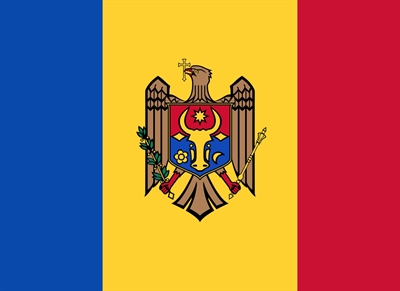Moldova - Human Rights Council - Violence Against Women - November 2016
Country: Moldova, Republic of
Issues: Gender-Based Violence, Human Trafficking, International Advocacy, Policing, Women's Rights
Mechanism: UN Universal Periodic Review
Report Type: Stakeholder Report
In November 2016, The Advocates for Human Rights submitted a report to the Human Rights Council addressing domestic violence in Moldova for the 26th Session of the Working Group on the Universal Periodic Review. Domestic violence remains a prevalent issue in Moldova; 63.4% of women and girls over the age of 15 having experienced at least one form of physical, psychological or sexual violence in their lifetime. Gender inequalities in society and within families, as well as an emphasis on family preservation, lead to very few reported cases. In 2011, Moldova took a first step in combatting domestic violence when it enacted a law to prevent and combat domestic violence.
Moldova's 2011 UPR resulted in recommendations primarily about general violence against women, domestic violence, human trafficking, and sexual harassment. The country accepted all of the recommendations; however, little actual progress has been made. While there has been an increase in the number of cases referred, there is still little political desire to enact changes and there has been little to no change in penalties or in work being done to understand the root causes of violence against women.
In order to combat the lack of action, the report includes a variety of recommendations for Moldova which include:
- Create a comprehensive policy about violence against women and especially domestic violence that prevents, punishes, and eradicates these issues, especially in rural areas;
- Initiate and promote amendments to the Law on Prevention and Fight against Domestic Violence and Criminal Code to increase penalties for domestic violence, and to comply with international standards;
- Create an emergency protection order that can be issued immediately by a police officer; and
- Initiate and promote amendments to the Law on Prevention and Fight against Domestic Violence and Criminal Code to criminalize every violation of a protective order, ensure their enforcement, and to comply with international standards.




